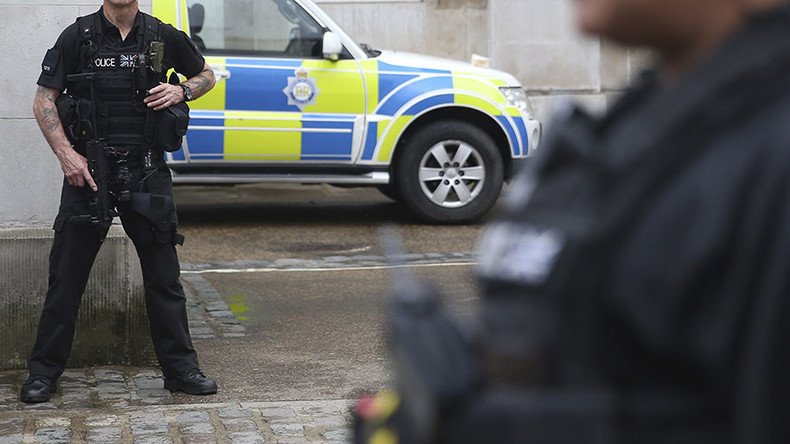‘Don’t visit crime victims, email them,’ police chief says

Victims of minor crime should no longer expect the police to visit them, as there is “no added value” in doing so, a police chief has said.
Sussex Chief Constable Giles York questioned whether an in-person visit served any purpose, adding that it would be more “convenient” for members of the public to interact with the force online.
Victims can help investigations by emailing crime scene images and composing their own witness statements, he added.
Speaking to the Daily Mail, he asked: “What’s the purpose of us going there [a victim’s house]? If it’s just because the individual wants to see us, is that really the best use of policing time and investigation time?
“If your children are ill, you might quite like the GP to visit you in your house. But it wouldn’t even cross your mind now, to think to call a GP to visit your house.”
York added: “When I look at the lives my children lead, going shopping is a rarity, going out and meeting in the real world is sometimes a rarity.
“It can often be an awful lot more convenient for people to have a service delivered by email or by text rather than having the commitment of a face-to-face meeting.”
He stressed that police would still visit those who had suffered serious crimes such as burglaries, but he claimed that many people would prefer to deal with police online rather than waiting for a squad car.
On businesses, he said: “It’s a lot more convenient for them to fill in their own form, send documents and CCTV.”
York also defended response times for the 101 non-emergency police number, saying seven minutes “isn’t long” for victims to have to wait on the line.
Many forces now allow the public to report crimes and incidents online or via social media. In the future, victims will be able to track the progress of investigations through a secure website.
York’s remarks have infuriated campaigners, who said it was evidence of police becoming increasingly remote.
Harry Fletcher, founder of Voice 4 Victims, told the newspaper: “The impact will be that victims and the public will lose confidence in the criminal justice system.”














